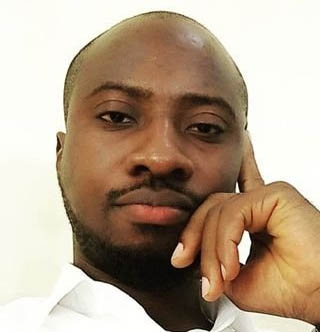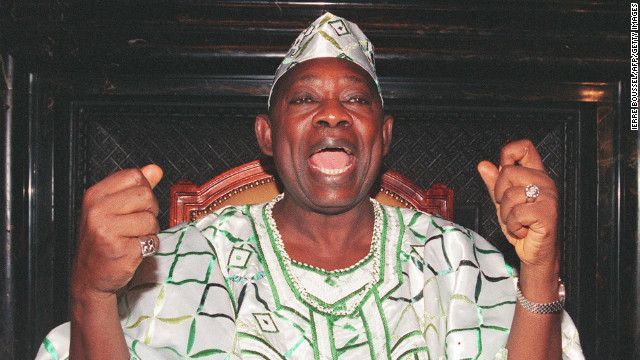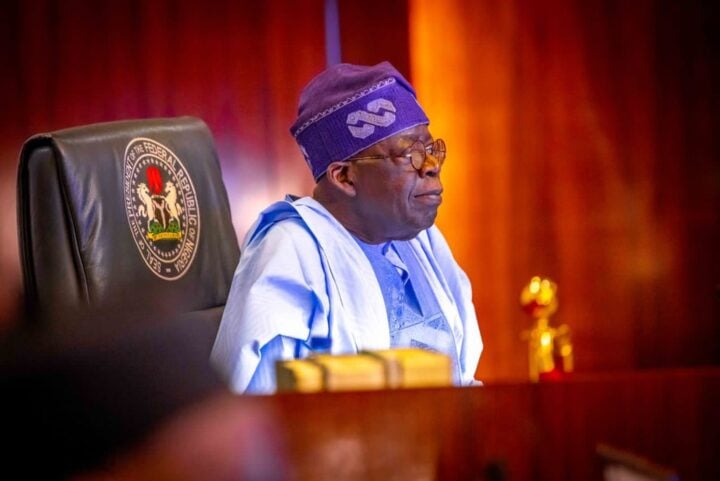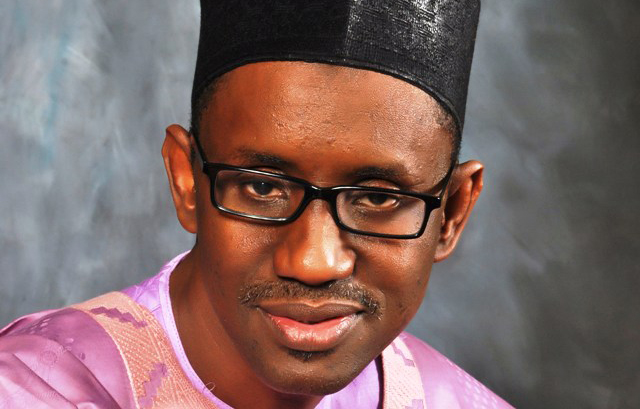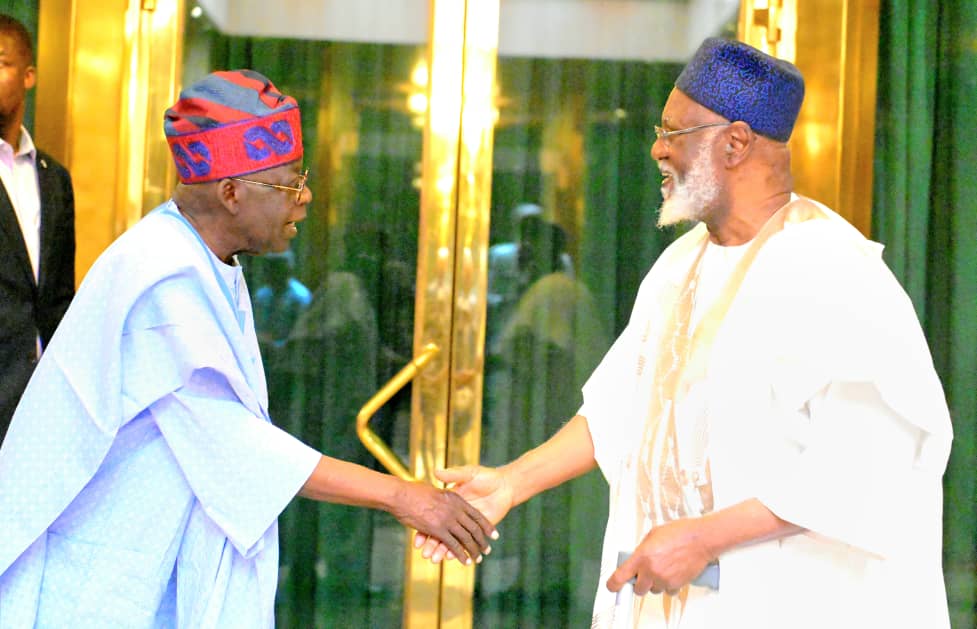Over the years, many legendary tales have gained currency about late Chief Moshood Kashimawo Olawale (MKO) Abiola, one of the most unique public figures in the history of Nigeria.
Democracy Day (June 12) was a few days ago and it dawned on me that Abiola’s demise was a huge loss not only to Nigeria, but to black people worldwide. I realised that while there are more billionaires in Nigeria today than in the 80s and 90s, there is no Abiola.
His goal was different. What made him tick wasn’t about his money alone. It was what he did with his money. Talking about Abiola as an entrepreneur who became a politician like how we talk about many today, is akin to reducing his legacy.
Let me mention one aspect of him that makes him standout. In my opinion, his quest to see majority of the black population go from illiterate to literate and from rags to riches hasn’t been matched till date by any Nigerian billionaire. As a lover of literacy, as at 1993, he had already built 41 libraries across 24 states in Nigeria.
Advertisement
MKO was one in a million. He could be at Buckingham Palace with Queen Elizabeth today and the next day he is relating with ordinary people on the streets of Lagos.
He was a fashion enthusiast, a pan-Africanist who had eyes for educated/classy women, a man of the people, flamboyant, boisterous: in short, MKO was larger than life. But this piece isn’t about every aspect of his life. I want to try as much as possible to summarise one aspect of his life: which is his generosity irrespective of religious or ethnic affiliation of the beneficiaries.
He was a cheerful giver. But no matter how rich you are, your money would finish if you give it all out. He had occasion to say: “I cannot give everybody money. I wish I could. And If I could, I would but I couldn’t. But I can give hope” And that was more lasting.
Advertisement
He sought to become president in order to take hope from a micro to a macro level. His vision for Nigeria was for it to become the melting pot of black people across the western world. He sought to achieve this by seeking for reparations from the West for their activities during the colonial-era.
In his words: ‘’Africa has been the greatest victim of slavery, colonialism, neo-colonialism, and apartheid. Reparations should take the form of massive infusions of investments in infrastructures, machine-tools, power, telecommunications, education, health, advanced agricultural technology and support for political democracy in the Motherland.’’
From Alabama to Atlanta Georgia, USA, Abiola attended several events that had to do with uplifting black people. He gave them hope.
Speaking of hope, here is what Ronald V. Dellums, a former Chairman, United States of America Congressional Black Caucus had to say about the legend in September 16, 1989 ‘’Because of this man, there is both cause for hope and certainly that the agony and protests of those who suffer injustice shall give way to peace and human dignity. The children of the world shall know the great work of this extraordinary leader and his fervent mission to right wrong, to do justice, and to serve mankind. The enemies which imperil the future of generations to come: poverty, ignorance, disease, hunger, and racism have each seen effects of the valiant work of Chief Abiola. Through him and others like him, never again will freedom rest in the domain of the few.’’
Advertisement
He was battle ready and his money was used judiciously for the battle ahead. As an intellectual, he knew the value of the media in shaping the views of the people and changing the wrong narrative of Nigeria and Africa in the eyes of world.
As a result, the business mogul set up National Concord Newspapers in 1980 and by the end of 1983, it had become the most read newspaper in Nigeria. He achieved this feat because competence was his watchword. Your ethnicity didn’t matter to him. He placed huge value on merit and wanted the best brains around him. One of them was my father, Alhaji Yakubu Mohammed, who was the National Editor of the paper from 1982 to 1984.
According to my father, in 1980, Chief Abiola visited him in house at 11 in the night because he heard he was resigning from New Nigerian Newspaper where he had worked for about five years and rose to the position of Managing Editor. He said he heard that he was leaving the newspaper and if that was true, he should become the editor of National Concord. He was from Ogun state and my father was from Benue state (Now Kogi). He didn’t do that because of ethnic or any other affiliation. He did that because he believed that my father was competent enough to run his newspaper irrespective of where he came from.
It was there my father became close to Dele Giwa (Edo) who was the Sunday editor and Ray Ekpu (Akwa Ibom) who was a member of the editorial board. Together with Dan Agbese in 1984, they established Newswatch, Nigeria’s first news magazine.
Advertisement
Abiola was in awe of my father’s brilliance. The fact that he could think on his feet and write a speech or an editorial quickly was one of the attributes that further endeared my dad to him. Speaking of Abiola’s free-handedness, my dad once recalled that ‘’Abiola would tell his captain to ferry any of his editors in his private jet for an assignment outside Lagos. I am an eye witness to his humility. On one occasion, I had the luxury of being flown, all alone, in his private jet to represent him at Enugu and, on another occasion, being flown with Dele Giwa, just the two of us, to attend a function in Abuja.’’
It wouldn’t be out of place to say Abiola played a huge role in my father becoming a household name in the 80s. My dad’s career was catapulted to new heights by making him the National Editor of the biggest newspaper in Africa at the time.
Advertisement
Like I mentioned earlier, his quest to see people grow was not limited to Nigeria. Beyond the shores of this country, he was ready to uplift black people wherever they were. He was for equal opportunity for all irrespective of background. A pan-Africanist in every sense of the word.
Let me end this piece with Abiola’s words: ‘’If we accept that the world is truly inter-connected and inter-dependent, then we cannot, at the same time, accept an island, indeed a whole continent, of unspeakable and unbearable poverty and squalor, in an ocean of shameful opulence. Our belief in the dignity and equality of all men must be put to the test of providing equal opportunity for all.’’
Advertisement
Surely, we can’t all be as rich and influential as MKO. But we can try in our own capacity to be one or two people’s MKO. There is a leader in all of us.
Twitter: @yusufwrites
Advertisement
Views expressed by contributors are strictly personal and not of TheCable.
Add a comment
